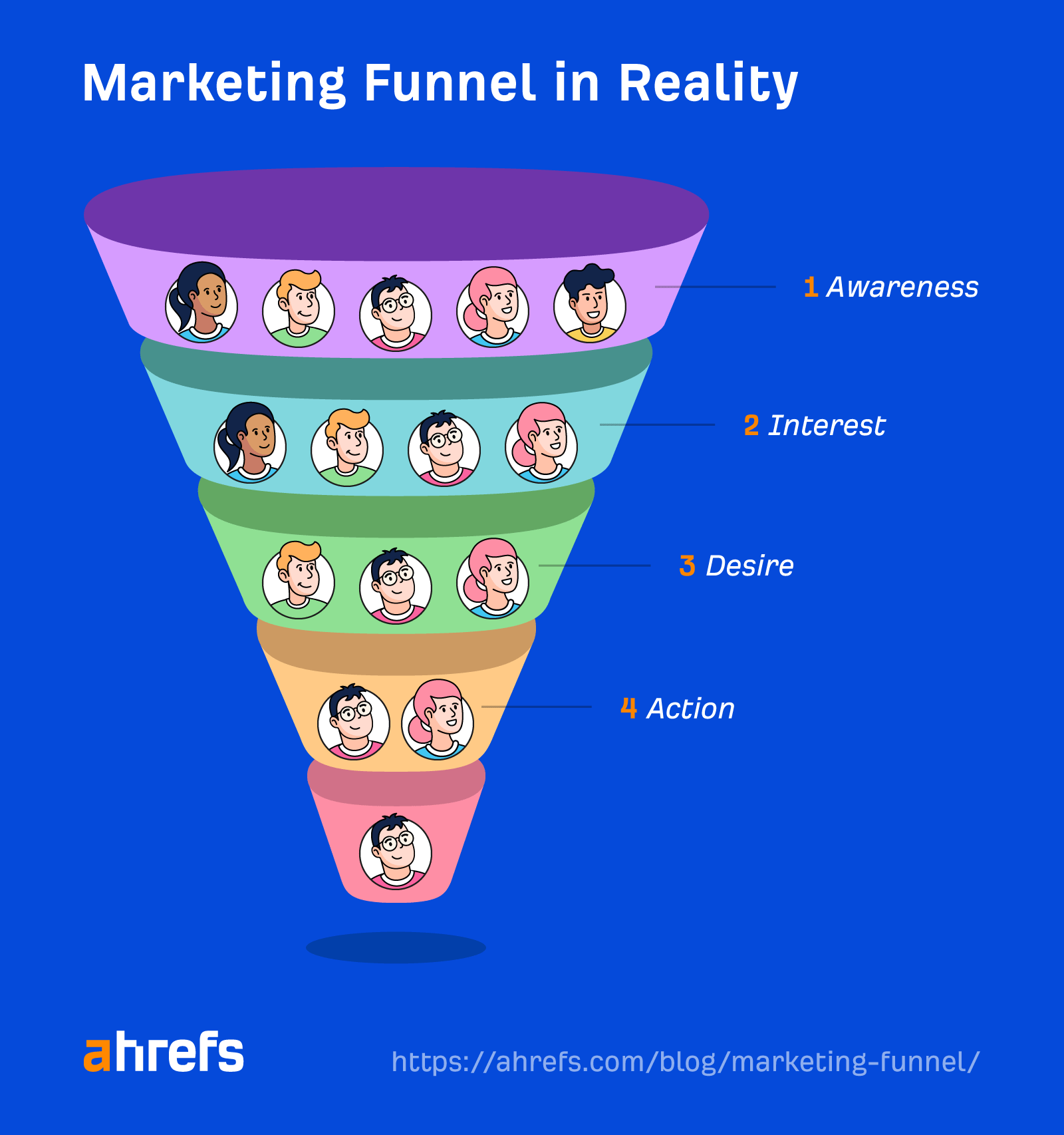Digital marketing differs from conventional marketing by being target audience-specific, easily trackable, and cost-effective. In digital marketing, ads can be personalized, and campaigns can be adjusted in real-time based on data analytics.
Unlike traditional methods, digital marketing allows businesses to reach a global audience quickly through various online channels. Furthermore, digital marketing provides measurable results, enabling businesses to optimize strategies for better performance. This shift towards digital marketing reflects the growing importance of online platforms in connecting businesses with their target customers effectively.
Targeting
Digital marketing differs from conventional marketing techniques in its approach to targeting. In digital marketing, audience segmentation is crucial. This involves dividing the audience into smaller, more specific groups based on demographics, behaviors, and interests. By doing so, digital marketers can create more personalized and targeted campaigns, ensuring that their messages resonate with the right people at the right time.

Credit: sproutsocial.com
Metrics
Digital marketing differs from conventional marketing techniques in its real-time analytics. Through digital marketing, businesses can access real-time data on website traffic, customer engagement, and campaign performance. This instant feedback allows for quick adjustments and improvements to marketing strategies, leading to more effective results.
Measuring ROI in digital marketing is more precise compared to conventional marketing. With the help of digital tools, businesses can track the exact impact of their marketing efforts, including conversion rates, customer acquisition costs, and overall return on investment. This data-driven approach enables businesses to make data-supported decisions for future marketing campaigns.
Communication
Selecting between digital marketing and conventional marketing techniques is crucial for businesses to thrive in the digital era. One of the key differences lies in communication. In digital marketing, interactivity is a prominent aspect, allowing businesses to engage with their target audience in real-time. Unlike conventional marketing techniques, digital marketing offers two-way communication, enabling businesses to gather valuable feedback and insights from their customers. This interactive and iterative approach fosters better customer relationships and improves overall marketing effectiveness.
Furthermore, digital marketing empowers businesses to personalize their communication efforts. Through various online channels, companies can tailor their marketing messages and advertisements to address the specific needs and interests of individual customers. This level of personalization goes beyond what conventional marketing techniques can provide, allowing businesses to deliver more targeted and relevant content to their audience.
Additionally, digital marketing allows for immediate and measurable results. Through various analytics tools and data-driven insights, businesses can track the performance of their marketing campaigns in real-time. This enables quick adjustments and optimization to enhance marketing efforts effectively. In contrast, conventional marketing techniques often lack the immediacy and accuracy of measurement that digital marketing provides.
In conclusion, digital marketing differs from conventional marketing techniques in terms of communication. Interactivity and two-way communication, personalization, and immediate measurability are three key ways in which digital marketing sets itself apart, propelling businesses to successfully navigate the digital landscape.

Credit: rockcontent.com

Credit: ahrefs.com
Frequently Asked Questions Of Select Three Ways In Which Digital Marketing Differs From Conventional Marketing Techniques.
What Is The Difference Between Conventional Marketing And Digital Marketing?
Conventional marketing uses traditional channels, while digital marketing leverages online platforms for promotions and advertising.
What Is A Difference Between Digital Media And Conventional Marketing Techniques?
Digital media uses online platforms for advertising, while conventional marketing relies on traditional channels. Digital media offers broader reach, precise targeting, and real-time analytics, whereas conventional methods are limited in reach and targeting options. Digital media is cost-effective and allows for interactive engagement with the audience, unlike conventional marketing techniques.
How Does Digital Marketing Differ From Traditional Marketing Select All That Apply?
Digital marketing differs from traditional marketing in several ways. Firstly, digital marketing is conducted online, while traditional marketing is done through traditional channels like print ads and billboards. Additionally, digital marketing allows for more targeted advertising, real-time data analysis, and personalized messaging.
Finally, digital marketing is cost-effective and provides better ROI compared to traditional marketing.
What Is The Difference Between Digital Marketing And E Marketing?
Digital marketing focuses on all online marketing efforts, including email marketing, social media, and search engine optimization. E-marketing refers specifically to email marketing.
How Does Digital Marketing Differ From Traditional Methods?
Digital marketing utilizes online platforms, targeting specific demographics and tracking results accurately.
Conclusion
To summarize, digital marketing diverges from conventional marketing techniques in three key ways: it offers a wider reach through various online platforms, enables more precise targeting of specific audience segments, and facilitates real-time measurement and analysis of campaign effectiveness. Embracing these differences allows businesses to stay ahead in the digital age and maximize their marketing efforts.
A strategic approach to digital marketing is essential for success in today’s competitive business landscape.











